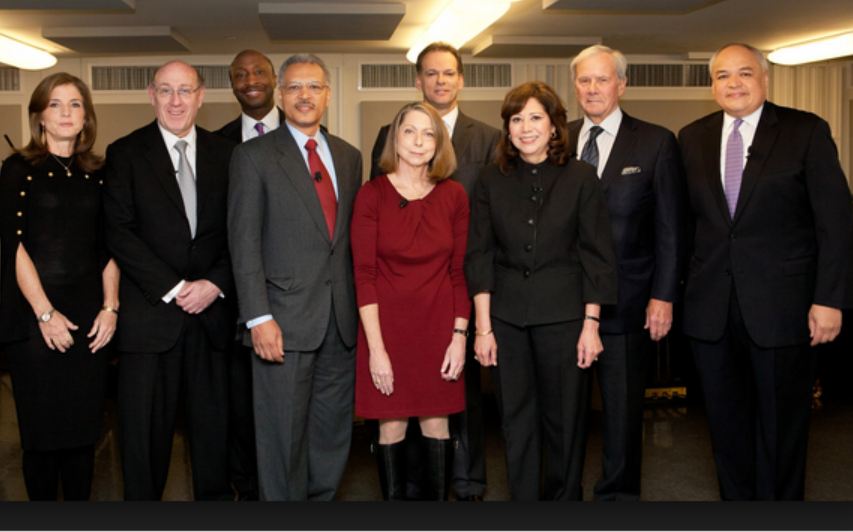Published: 25 April 2013
Region: Worldwide


Instead of ignoring Politico’s piece based on anonymous quotes from some of the New York Times stuff, the Guardian decided to give it a full attention “as it fuels an exasperating and wholly sexist narrative about women in power”.
“For the news organization such as Politico to run a piece focused so tightly on Abramson’s personality is disappointing. It might have highlighted the fact she has just had the most successful week of her professional life. Her news organization picked up four Pulitzer Prizes, the third highest haul in the Times’ s history, and the coverage of the Boston bombings was, by wide acknowledgment, exceptionally good, when others were rocky and error-strewn”, writes Emily Bell in the Guardian.
The absurd of running the piece based on the anonymous complaints on Abramson’s personality gets even more sexist if, as suggested by the Guardian, Jill is replaced by Jack. In other words, all of the characteristics attached to Abramson in Politico piece, would be a positive description of the newspaper’s editor if he was a male.
“She’s a source of widespread frustration and anxiety who is demoralizing, uncaring, morale-draining, and very unpopular. He demands excellence and relevance”, writes Ann Friedman in her blog comparing media approach to different gender.
“What Politico did not cover was the sense that there is widespread and ingrained sexism in journalism, where a woman’s character traits are central to a critique of she does the job. Men, who are equally awful in just as many ways, are judged more on output and success. At no point are we asked to stop and consider whether Abramson’s abrasive attitude has actually led to the Times becoming a better newspaper, even though the subjective view suggests it has”, concludes the Guardian.
